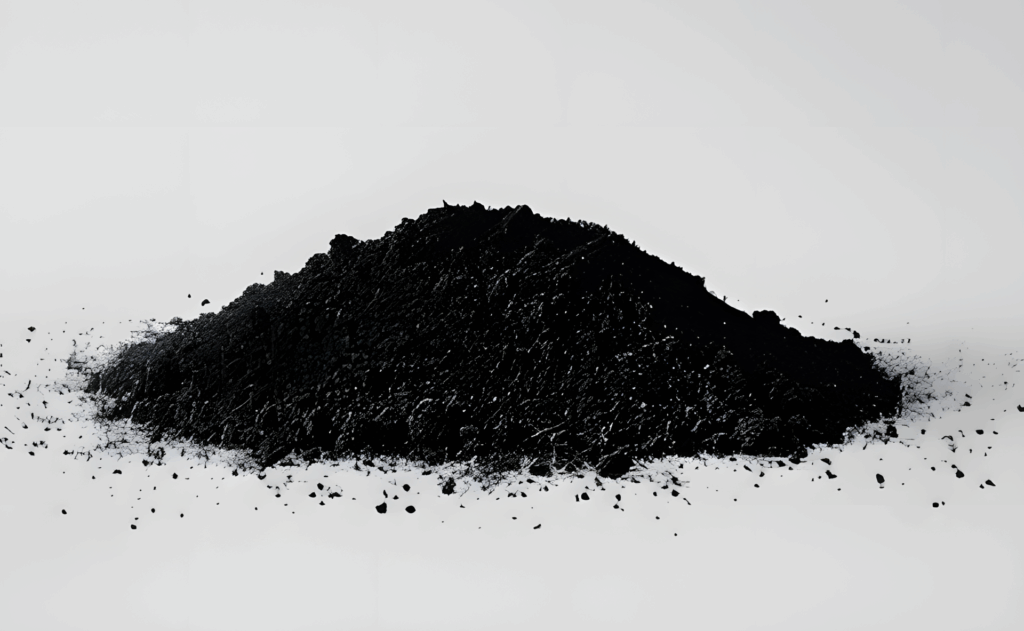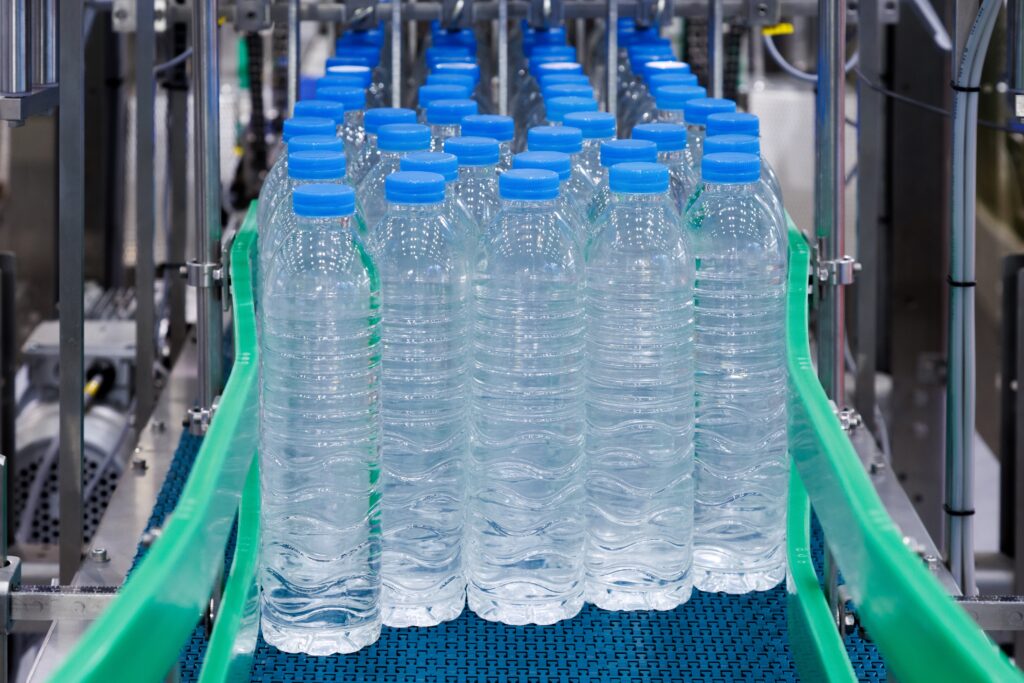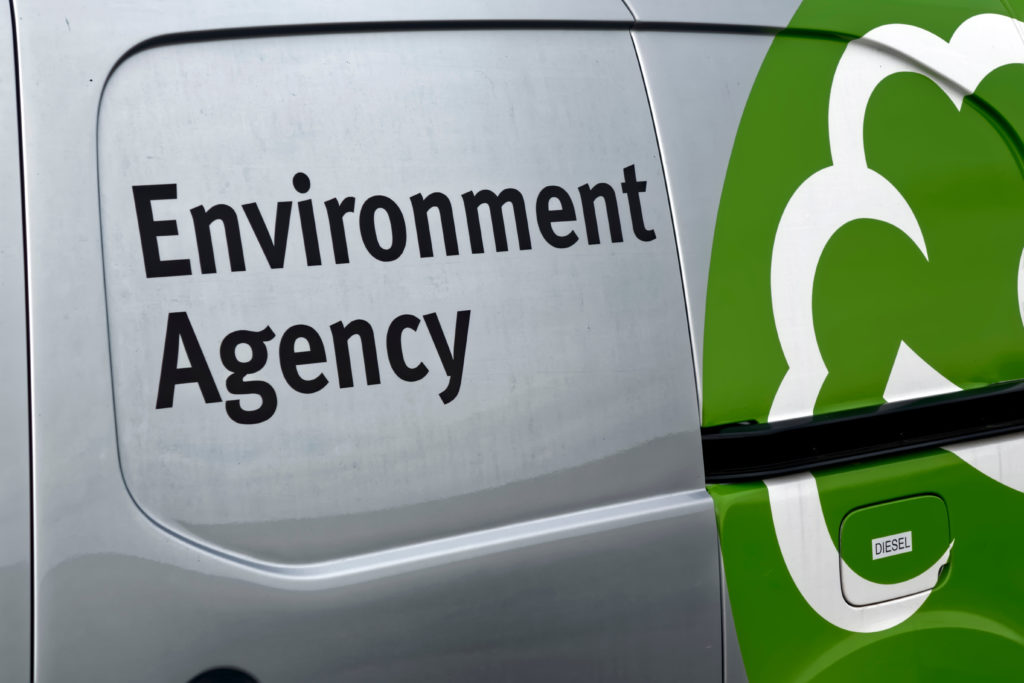The first plant in the UK to turn old water, soft drinks and cosmetics bottles back into packaging suitable for food and drinks products, it is being developed at a site provided by the London Development Agency in Dagenham.
– Paul Davidson, WRAP
Along with the WRAP grant, finance for the plant has come from private equity firm Foresight Venture Partners and the Allied Irish Bank (GB).
Australian-owned firm Closed Loop London, enticed to the UK capital by recycling development organisation London Remade, is expecting to open the plant by December 2007.
The facility will take in around 35,000 tonnes each year of mixed polyethylene terephthalate (PET) and high-density polyethylene (HDPE) plastic bottles.
Using American technology, the plant will sort the bottles into PET and HDPE streams and turn the PET plastic back into material that can be made into resin and flakes suitable for making new packaging for food and drinks products. Sorted HDPE material will go to other companies to recycle.
Supply
Olivia Tait, programme manager for Closed Loop London, told letsrecycle.com that the majority of the plastic bottles would come from local authority collections within the UK.
Of the 35,000 tonnes of mixed plastics, she said around 40-45% would be PET material that would be turned back into food-grade packaging, although this would depend on deliveries of material from materials recycling facilities.
The company has approached collectors in the South East of England – both public and private – to negotiate supply contracts. Ms Tait said the material is being supplied via a purchasing agent.
WRAP – the Waste and Resources Action Programme – said the Closed Loop London plant will be the only plastics project of this kind it will be supporting with grant aid.
The Banbury-based organisation's materials sector manager for plastic, Paul Davidson, revealed that supply contracts for PET were already in place for the plant, and said the project “fits very well” into the existing UK plastic bottle recycling sector.
– Stuart Rose, Marks and Spencer
“The process will be taking in mixed bales of bottles including HDPE, which it is potentially to send to other reprocessors, so it will be a spur to collections in the UK, it could increase the supply of plastic to other reprocessors as well,” Mr Davidson said.
Retail chain Marks & Spencer has already committed to work with the new plant. Stuart Rose, Marks & Spencer chief executive, said: “We will be able to send our own plastic waste to the plant for recycling and use even more recycled plastic in M&S; packaging. Reducing the amount of waste from our stores and using more sustainable sources for our packaging is also one of the main aims of our new 'ec;o-plan', Plan A.”
Technology
The process to be used in the facility is that from South Carolina-based United Resource Recovery Corporation, although equipment will be made by European manufacturers.
The process will see HDPE bottles – milk and juice bottles – separated and baled for sale to other UK recyclers, while PET bottles will be subjected to further automatic sorting, including optical sorting machines, to sort coloured bottles from clear. The material will then be subjected to super-cleaning processes to make food-grade flake, which is then melted into pellets.
The equipment can produce a raw material from post-consumer PET packaging with a 75% yield efficiency, with material that does not meet food-grade conditions to be designated for use in less demanding applications..
This process is currently being used at four plants abroad, in Switzerland, Germany, the USA and Mexico.
In other countries this kind of recovered PET is being used by Coca-Cola in its drinks bottles at recycled content levels of around 30%.
| Related links: |
Ms Tait explained that theoretically new packaging could contain 100% recovered PET, but that at high levels there would be some discolouration. She said the likely situation for the London operation would be for 30% recycled content to be used in making plastic bottles, and 50% for sheet plastic packaging, as has been seen in trials for Marks & Spencer (see letsrecycle.com story).










Subscribe for free